We hear a lot of talk about the possibility of intelligent E.T.s, but in this episode, neuroscientist Lori Marino gives us the nuts and bolts of what intelligence really is; how it manifests itself on our own Earth; and why intelligent aliens won’t necessarily need ginormous brains.
Get the latest international news and world events from around the world.
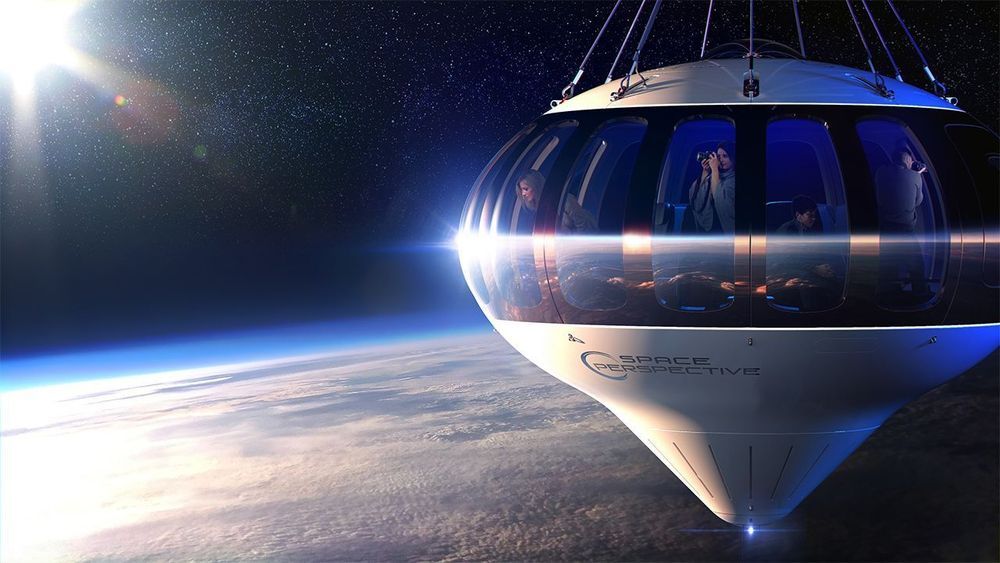
Florida company wants to start offering balloon rides to the edge of space
ANCHORAGE, Alaska — A company wants to use an advanced balloon to fly customers from Earth’s surface in Alaska to the highest reaches of the planet’s atmosphere.
Florida-based startup firm Space Perspective plans to use the Pacific Spaceport Complex in Kodiak to serve as one of the launch sites for the vehicle, called the Spaceship Neptune, The Anchorage Daily News reported Sunday.
The balloon rides will be manned by a flight crew taking eight passengers in a pressurized capsule suspended beneath a hydrogen balloon the size of a football stadium.
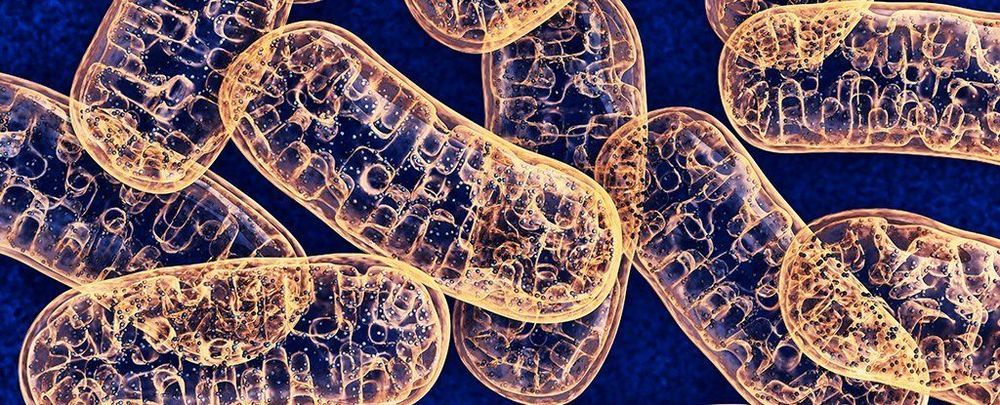
For The First Time, Scientists Find a Way to Make Targeted Edits to Mitochondrial DNA
Most cells in your body come with two genetic libraries; one in the nucleus, and the other inside structures called mitochondria — also known as the ‘powerhouses of the cell’.
Until now, we’ve only had a way to make changes to one.
A combined effort by several research teams in the US has led to a process that could one day allow us to modify the instructions making up the cell’s ‘other’ genome, and potentially treat a range of conditions that affect how we power our bodies.
The Troubled Saga of Masa Son’s $100 Billion Fund
SoftBank CEO Masayoshi Son’s Vision Fund has been impossible to ignore since its inception, pumping billions upon billions of dollars into tech companies like WeWork and Uber. Now, a string of high-profile losses and the coronavirus pandemic have put the fund deeply in the red. Bloomberg journalists Pavel Alpeyev, Sarah McBride and Tim Culpan break down the controversial investment strategies that have led to this critical moment for Son’s unprecedented fund.
Video by vicky feng and alan jeffries
#SoftBank #Epics #Business
——-
Like this video? Subscribe to Bloomberg on YouTube: https://www.youtube.com/Bloomberg?sub_confirmation=1
Bloomberg is the First Word in business news, delivering breaking news & analysis, up-to-the-minute market data, features, profiles and more: http://www.bloomberg.com
Connect with us on…
Twitter: https://twitter.com/business
Facebook: https://www.facebook.com/bloombergbusiness
Instagram: https://www.instagram.com/bloombergbusiness/
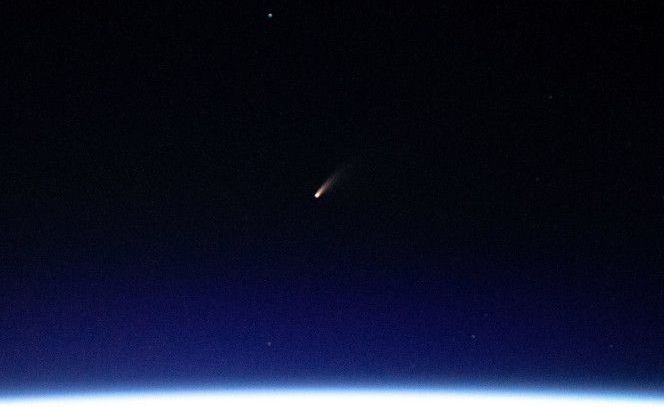
ISS astronaut captures mind-blowing video of Comet Neowise soaring past Earth
A huge comet fizzing past Earth has been captured in dramatic footage recorded from the International Space Station.
Posted to social media on Tuesday, the timelapse video shows the icy object Neowise trailed by its dazzling white tail.
Viewers may be forgiven for thinking the comet is heading towards Earth in the clip, but this is just a trick of the eye.
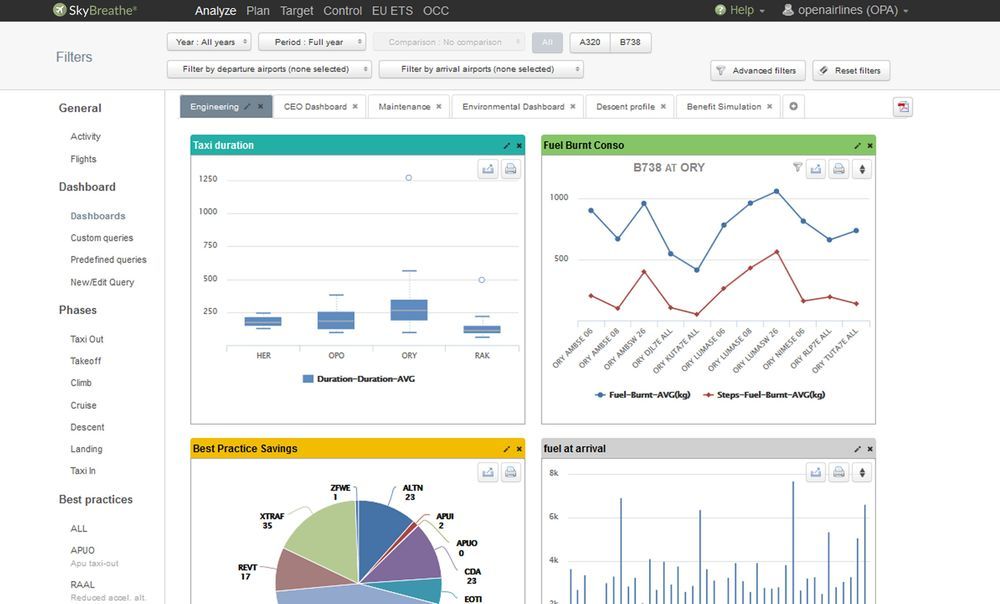
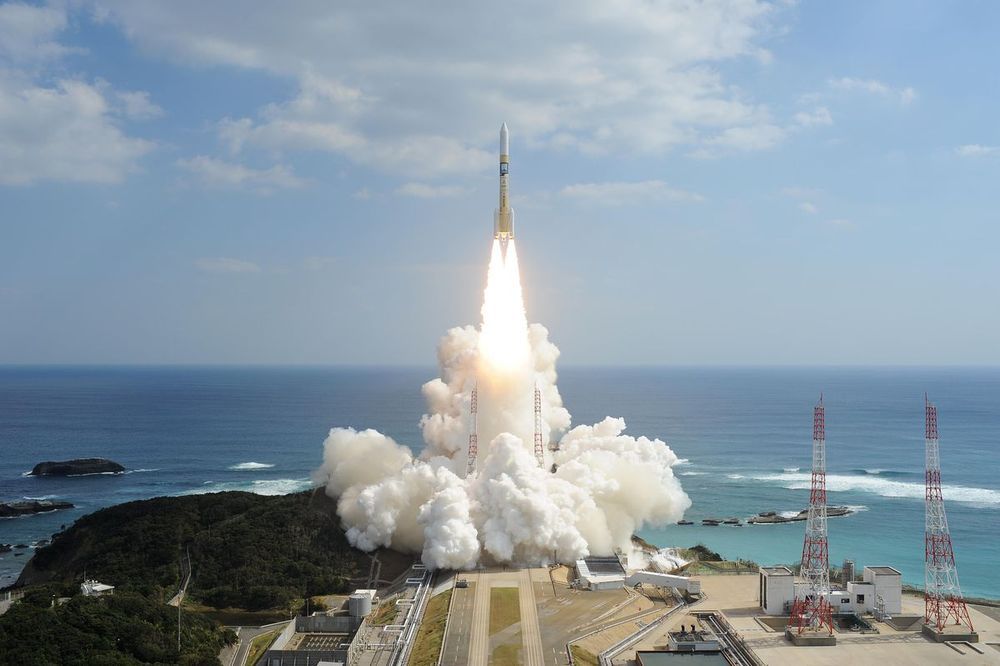

6 Dimensionality Reduction Algorithms With Python
Dimensionality reduction is an unsupervised learning technique.
Nevertheless, it can be used as a data transform pre-processing step for machine learning algorithms on classification and regression predictive modeling datasets with supervised learning algorithms.
There are many dimensionality reduction algorithms to choose from and no single best algorithm for all cases. Instead, it is a good idea to explore a range of dimensionality reduction algorithms and different configurations for each algorithm.
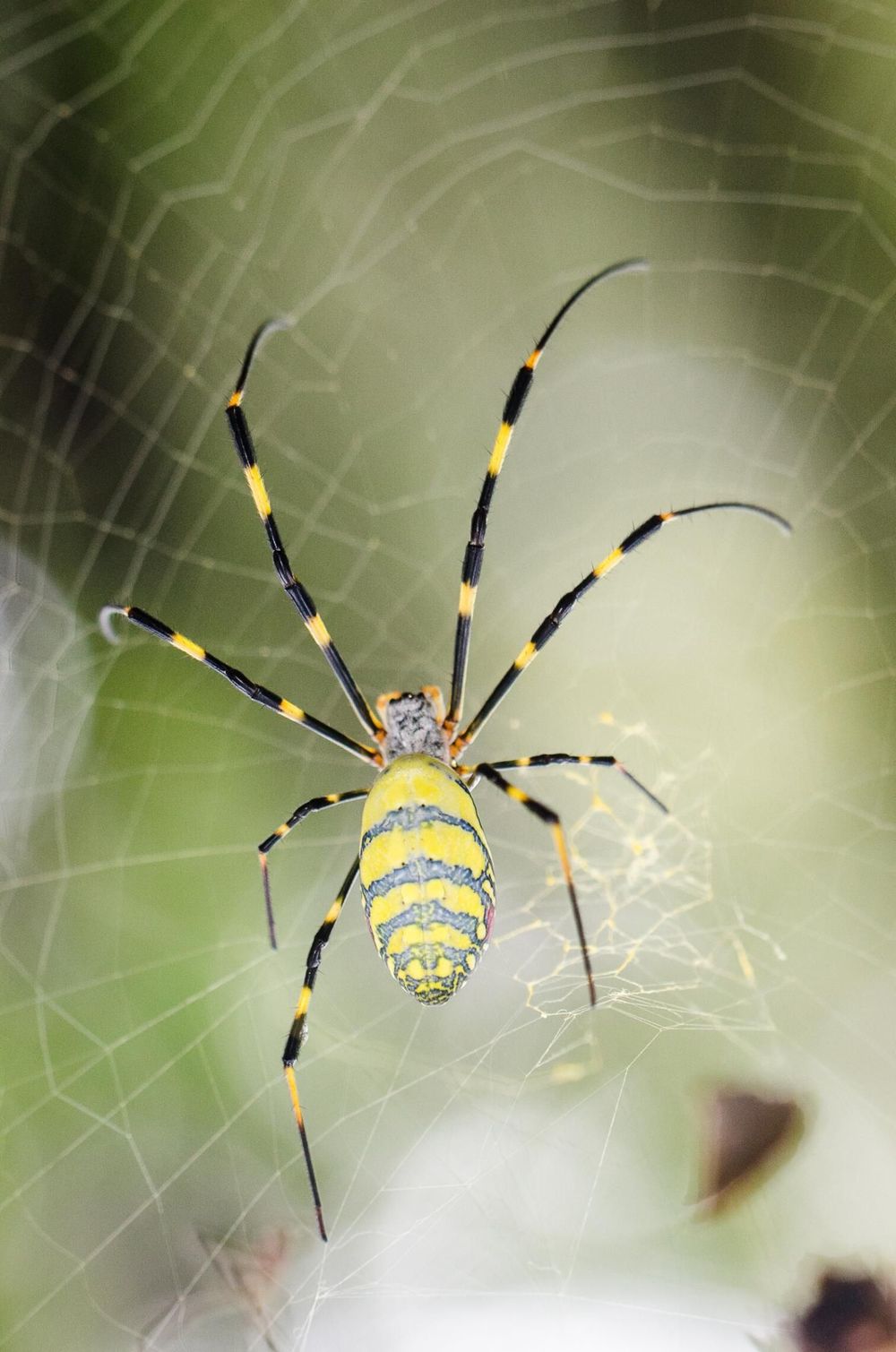
Spider silk made by photosynthetic bacteria
Spiders produce amazingly strong and lightweight threads called draglines that are made from silk proteins. Although they can be used to manufacture a number of useful materials, getting enough of the protein is difficult because only a small amount can be produced by each tiny spider. In a new study published in Communications Biology, a research team led by Keiji Numata at the RIKEN Center for Sustainable Resource Science (CSRS) reported that they succeeded in producing the spider silk using photosynthetic bacteria. This study could open a new era in which photosynthetic bio-factories stably output the bulk of spider silk.
In addition to being tough and lightweight, silks derived from arthropod species are biodegradable and biocompatible. In particular, spider silk is ultra-lightweight and is as tough as steel. “Spider silk has the potential to be used in the manufacture of high-performance and durable materials such as tear-resistant clothing, automobile parts, and aerospace components,” explains Choon Pin Foong, who conducted this study. “Its biocompatibility makes it safe for use in biomedical applications such as drug delivery systems, implant devices, and scaffolds for tissue engineering.” Because only a trace amount can be obtained from one spider, and because breeding large numbers of spiders is difficult, attempts have been made to produce artificial spider silk in a variety of species.
The CSRS team focused on the marine photosynthetic bacterium Rhodovulum sulfidophilum. This bacterium is ideal for establishing a sustainable bio-factory because it grows in seawater, requires carbon dioxide and nitrogen in the atmosphere, and uses solar energy, all of which are abundant and inexhaustible.
Researchers create a mobile robot scientist that can work almost constantly
Soon will be 100 percent efficient.
Researchers from the University of Liverpool have built what they call an intelligent mobile robot scientist that’s able to work continuously nearly 24 hours a day and carry out experiments o…